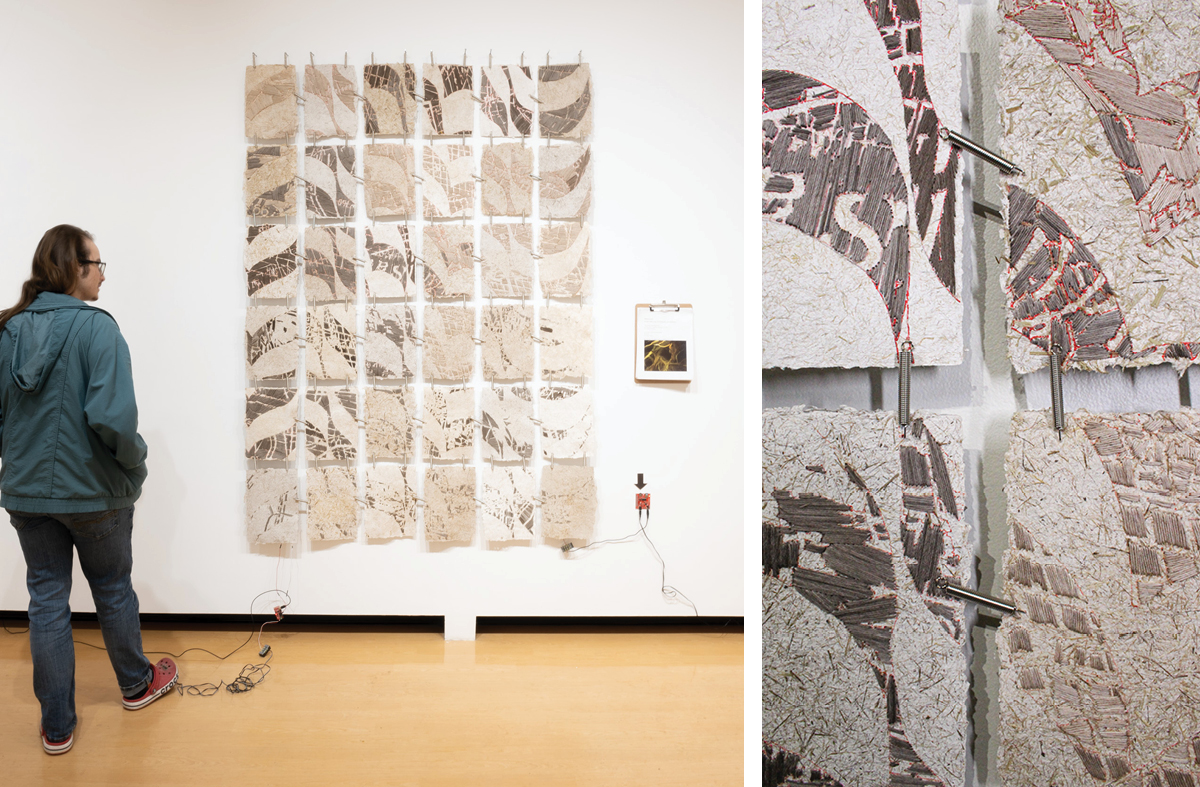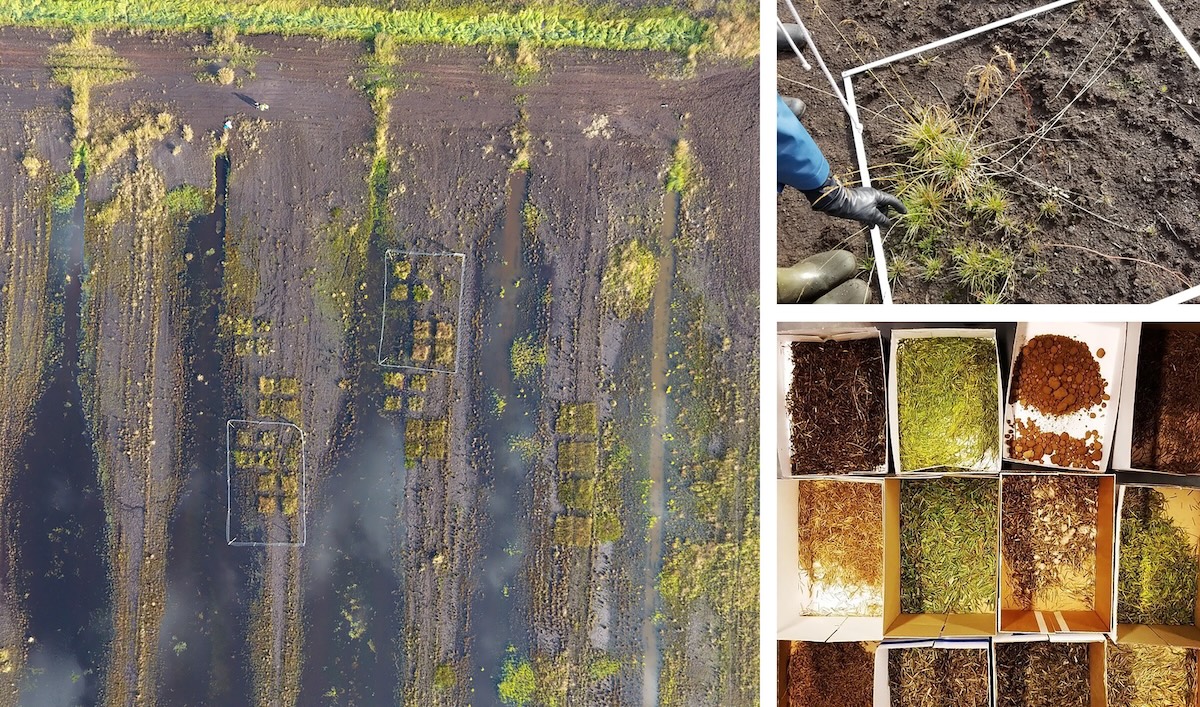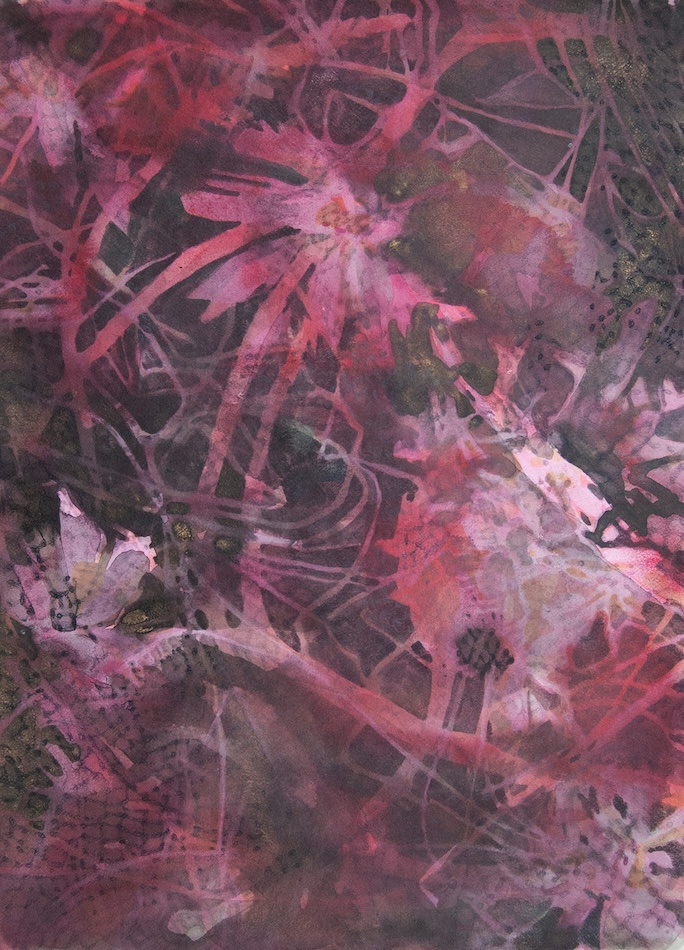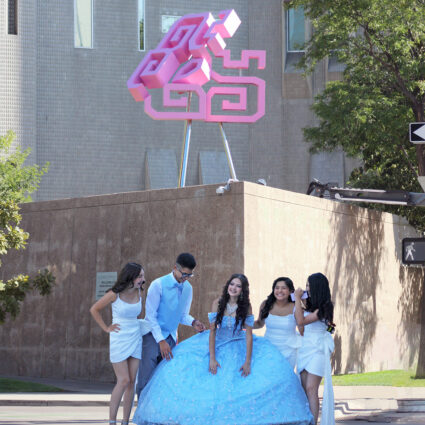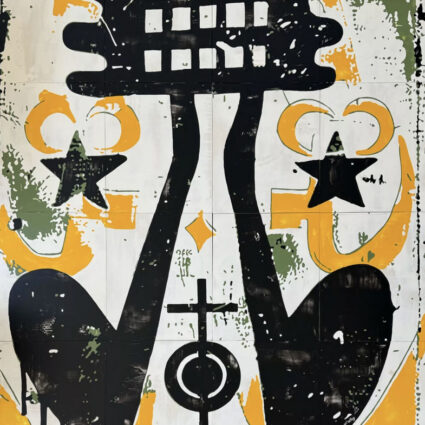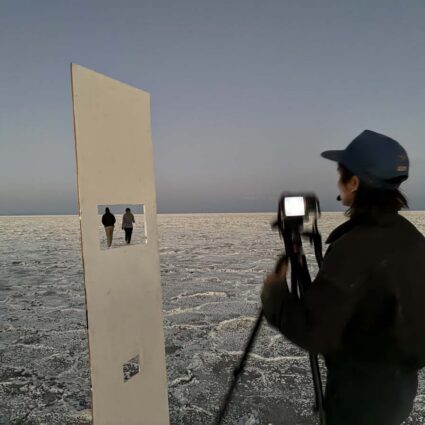The project Re:Peat by artist Anne Yoncha explores peatlands as time capsules of the geological past and environmental futures.
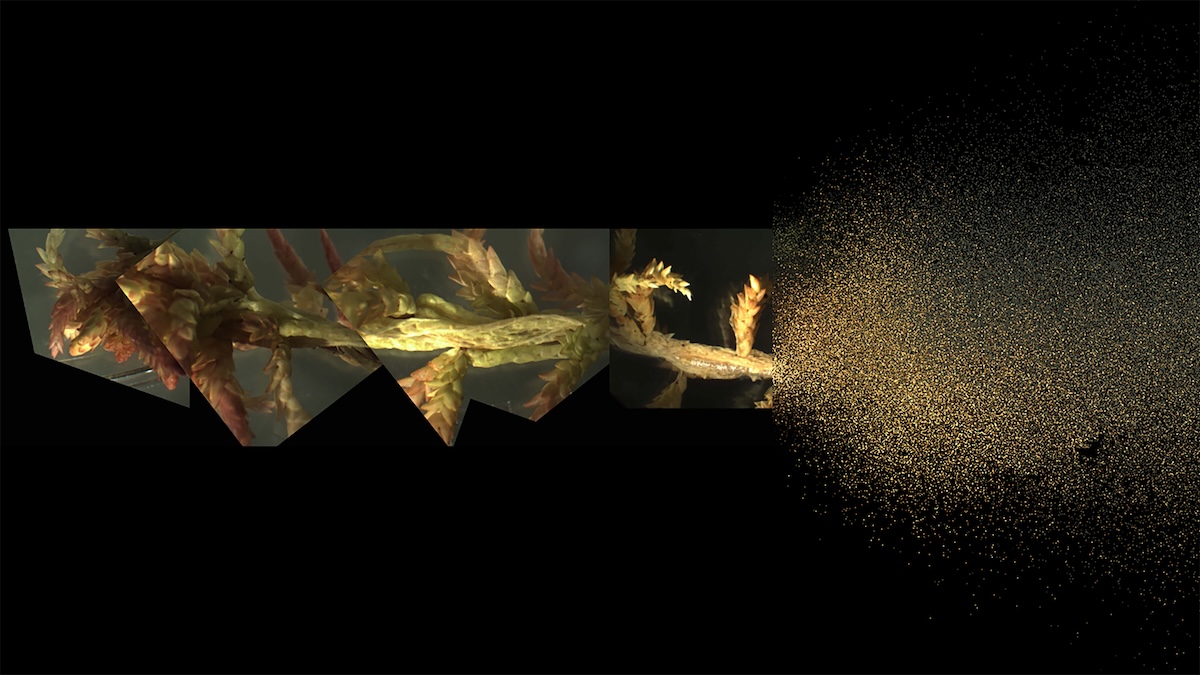
Denver, Colorado | anneyoncha.com | @anneyoncha
Peatlands—or terrestrial wetlands in which moisture prevents organic material from fully decomposing—ensure that the large swaths of prehistoric landscape underneath them remain preserved for several millennia. In this sense, peatlands—and the peat moss that compose them—enable the geologic past to maintain a certain presence within our modern and contemporary age. Their preservatory nature allows for environmental and natural changes throughout past epochs to be observed, documented, and better understood. To this extent, the Sphagnum mosses, sedges, and shrubs that make up peat serve as organic historians and transmitters of the past.
With the project Re:Peat (2020-ongoing), Denver-based artist Anne Yoncha embraces the confluence of art and science as a site for archiving and educating, as well as speculating upon environmental futurities. In doing so, she seeks to expand the public’s understanding of our current climate and environmental crisis by “uncovering background narratives, thereby shaping how scientifically declared emergencies are perceived and acted upon.” More specifically, Re:Peat focuses on aesthetic objects created from Sphagnum moss found in the near-Arctic environment of northern Finland in an effort to create awareness about our multitudes of non-human plant and microbe neighbors living in and creating our soil closer to home.”
The works associated with Re:Peat often appear as two-dimensional wall-hung paintings. But the project also includes video, audio experiments, and paper-based quilted artifacts.
“My practice combines digital sensing technology,” Yoncha says, “such as bio-data sonification and analog processes including painting with ink I make from locally sourced plant matter—so the materials used in the piece add another layer of data.” Likewise, these end-products are often the result of collaborations with other artists and scientists converging in the mutual goal of preservation and ethical awareness.
Currently an assistant professor of art at Metropolitan State University Denver, Yoncha received an MFA at the University of Montana in 2019. She won a Fulbright fellowship to the Natural Resources Institute Finland, making collaborative art-science work about former peat extraction sites outside Oulu.
Her ongoing research with the High Altitude Bioprospecting working group began in fall of 2019 at a residency of Finland’s Bio Art Society, and she continues her studies to “understand Colorado’s fragile high-altitude fens and complex relationship with extraction and the post-human landscapes left behind.”
